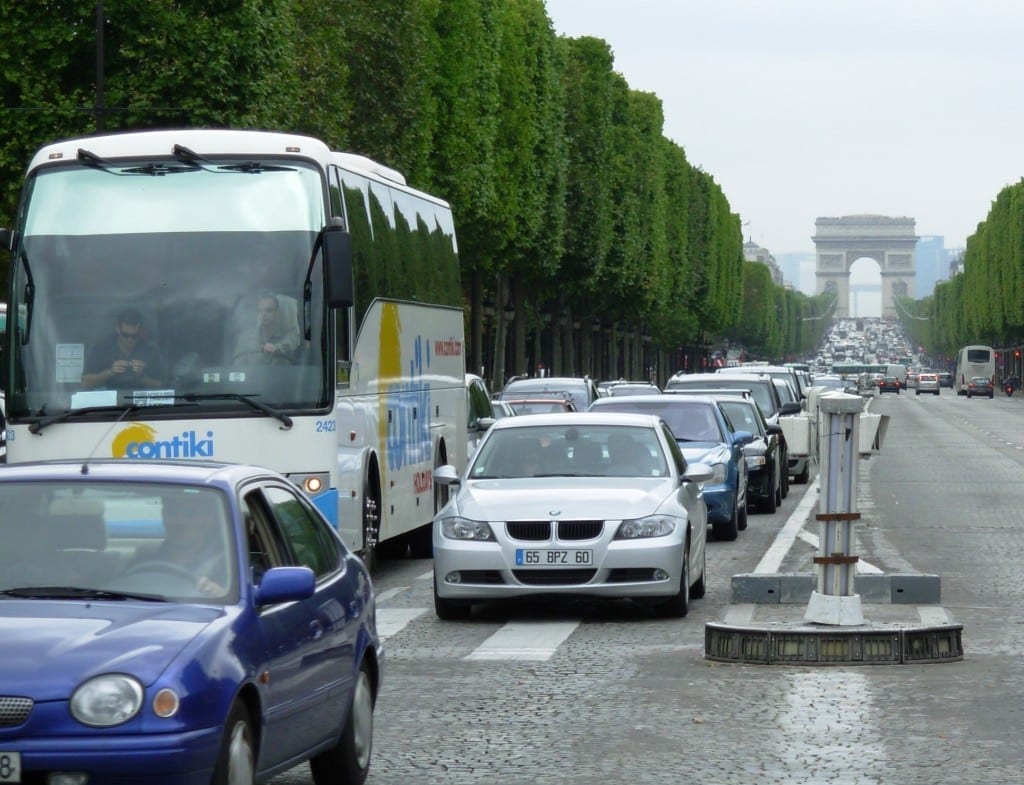The country has now stated that it intends to end the availability of the service next year.
The popular low cost rideshare service, Uber, has been facing a number of problems in terms of the details of its legalities, particularly when it comes to the auto insurance requirements, and France has now made a decision to put an end to all of it by simply banning the company from operating within the country.
The French government made the announcement that the ban on Uber’s service would begin on January 1, 2015.
While France is taking on this auto insurance problem by banning the service in the country, it is far from alone in thinking that stopping the availability of the rideshare program will place the complex coverage issues to an end. Many other countries and individual cities around the world are considering similar tactics. In fact, several cities worldwide have already enacted bans, including within the United States.
The American company has faced a range of complications in compliance with auto insurance and local licensing laws.
 At the moment, some of the other large cities that have policy makers that are thinking about banning its services include Delhi and Amsterdam. According to Uber, it will be challenging any ruling that would attempt to block it from being able to operate within a country or a city. This includes the likely ban that will be occurring across France.
At the moment, some of the other large cities that have policy makers that are thinking about banning its services include Delhi and Amsterdam. According to Uber, it will be challenging any ruling that would attempt to block it from being able to operate within a country or a city. This includes the likely ban that will be occurring across France.
This countrywide ban follows closely on the heels of a potential ban that the company faced in Paris, but that it managed to dodge, only days earlier. The taxi associations in Paris filed a lawsuit against UberPop, stating that the city charges a one-time taxi license can cost as much as $300,000, and that the company should not be able to operate within the city without purchasing such a license. However, on Friday, a judge in the city opted not to ban Uber, causing cabbies in the city to take part in a go-slow strike on Monday.
The most recent step in France in terms of the legality of Uber involved new legislation called the Thévenoud Law, which would make it a requirement for any motorist driving a paying passenger to have to purchase a license and to obtain adequate auto insurance coverage. It is that law which would make up the foundation for the ban, as Uber does not meet those requirements.


Ever thought about driving for Uber? If so, check out what it’s really like – from the drivers’ perspective at UberDriverDiaries.com